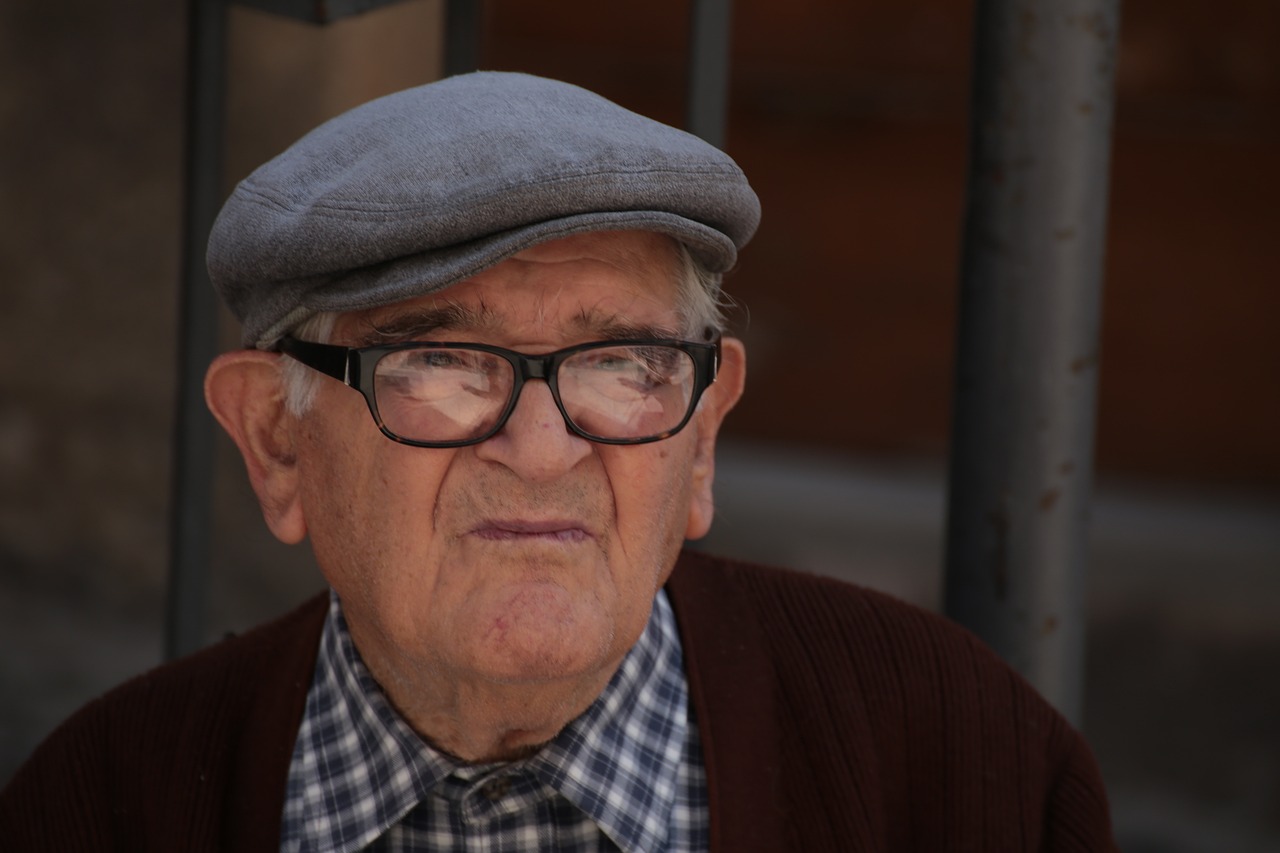
CDC: Every U.S. hospital should prepare for Ebola
CDC head Tom Frieden said that for the system to work, every U.S. hospital must be prepared to identify Ebola, but the reality is that most health workers aren…
Update: One of the 76 people identified as coming in contact with Eric Duncan at Texas Health Presbyterian Hospital has tested positive for Ebola. The health care worker was isolated after reporting a fever on Oct. 14 and is the second person to have contracted the disease in the United States.
In the aftermath of the United State’s first transmission of Ebola between a Dallas nurse and a Liberian patient, the Centers for Disease Control (CDC) has developed a national response protocol for identifying, isolating and treating the disease that has killed thousands in West Africa. That protocol starts with the front-line nurses in every hospital in America.
CDC Director Tom Frieden announced the establishment of a mobile Ebola response team so that if patients arrive at their local hospital displaying symptoms of the disease, experts who have first-hand experience responding to Ebola can arrive in hospitals, treat the patient and provide on-site training for staff. But before that happens, every hospital must train its staff to recognize Ebola’s systems and identify it before the infection spreads.
“Every hospital in the country needs to be ready to diagnose people,” Frieden said. “That means that every doctor, every nurse and every staff person in the emergency department who cares with someone with a fever or other signs of infection needs to ask, ‘Where have you been in the past month? Where have you been in the past 21 days? Have you been to Sierra Leone, Liberia or Guinea?’”
Frieden said that health care workers should air on the side of caution.
“We would much rather see a false alarm then someone who lets their illness go on for a day and potentially gets sicker and expose themselves to others,” Frieden said.
Most of the contacts who could have been exposed to Ebola came in contact before the original infection was diagnosed, Frieden said. The CDC identified 48 people who had come in contact with Eric Duncan, and so far none have displayed symptoms of the virus. Nina Pham, the Dallas nurse who treated Duncan, was diagnosed early, and only had one identifiable contact. Another 76 people who came in contact with Duncan in the hospital are being monitored.
“A single infection of a healthcare worker is unacceptable,” Frieden said. The CDC is still investigating why Pham contracted the disease despite her use of Personal Protective Equipment (PPE).
A National Nurses United survey of 2,000 U.S. nurses found that 76 percent had not been educated on Ebola protocol or their hospital’s admissions policy. Most said that their hospital didn’t own a Hazmat suit. Forty percent said their hospital didn’t have enough PPE.
The CDC expressed concern that the situation in Dallas had undermined confidence in hospitals’ preparedness, reducing the likelihood that patients with symptoms would admit themselves and nurses would show up for work to treat them. That, Frieden said, would make the likelihood of the disease's spread even worse.










LEAVE A COMMENT:
Join the discussion! Leave a comment.